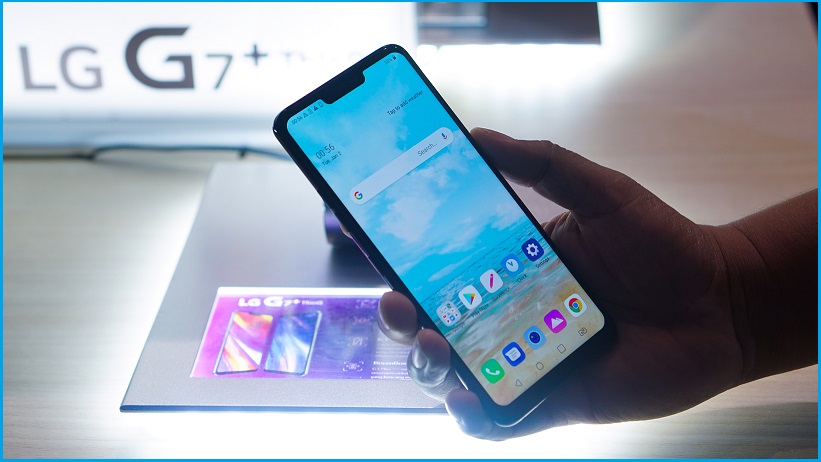South Korean tech giant LG has finally shuttered its troubled smartphone business and will instead turn its attention to “growth sectors” such as electric vehicles and artificial intelligence.
LG Electronics announced on Monday that it would be exiting the “incredibly competitive” mobile phone sector, admitting defeat against its rivals including Apple, Samsung and Oppo.
It comes after LG told its employees earlier this year its smartphone business was facing “cold judgement” following 22 loss-making quarters in a row.
LG was the fifth-biggest phone seller in the world in 2007, the same year the first iPhone went to market.
It was also the third-largest phone manufacturer in 2013.
But by the fourth quarter of 2020, LG was not in the top five smartphone vendors in the world.
The division accumulated a loss of $5.8 billion in the last five years, with only 6.5 million smartphones shipped in the third quarter of 2020, down from 7.2 million.
This accounted for just two per cent of the global share of smartphone sales.
While it was previously considering selling the division, LG has now announced it will be shutting down its phone manufacturing and sales business, with the process expected to be completed by 31 July this year.
Current LG phone inventory will continue to be sold, and the company will continue to provide service support and software updates to meet contractual obligations, warranty and Australian consumer laws, LG said in a statement.
LG said the shuttering of its phones business will allow it to focus on “growth sectors” including electric vehicles components, connected devices, smart homes, robotics and artificial intelligence.
The decision to pull out of the smartphones market was ticked off by LG’s board of directors on Monday.
LG is now one of several legacy phone providers that have been unable to compete with the astronomical rise of Apple and Samsung, joining the ranks of BlackBerry and Nokia.
The company had tried to reinvent its smartphone division with the launch of the LG Wing, featuring one screen which swivelled on top of the other.
LG also teased a “rollable” phone at a tech conference earlier this year, with the display extending upwards to create a larger, tablet-like screen.
But with this week’s announcement, the plans for the world’s first rollable phone have also been scrapped.
In the statement, LG said that details of employment will be determined at a local level.
The company will be “working collaboratively” with suppliers and business partners throughout the closure period over the coming months, and LG will “leverage its mobile expertise and develop mobility-related technologies” to help improve its competitiveness in other sectors, the statement said.










